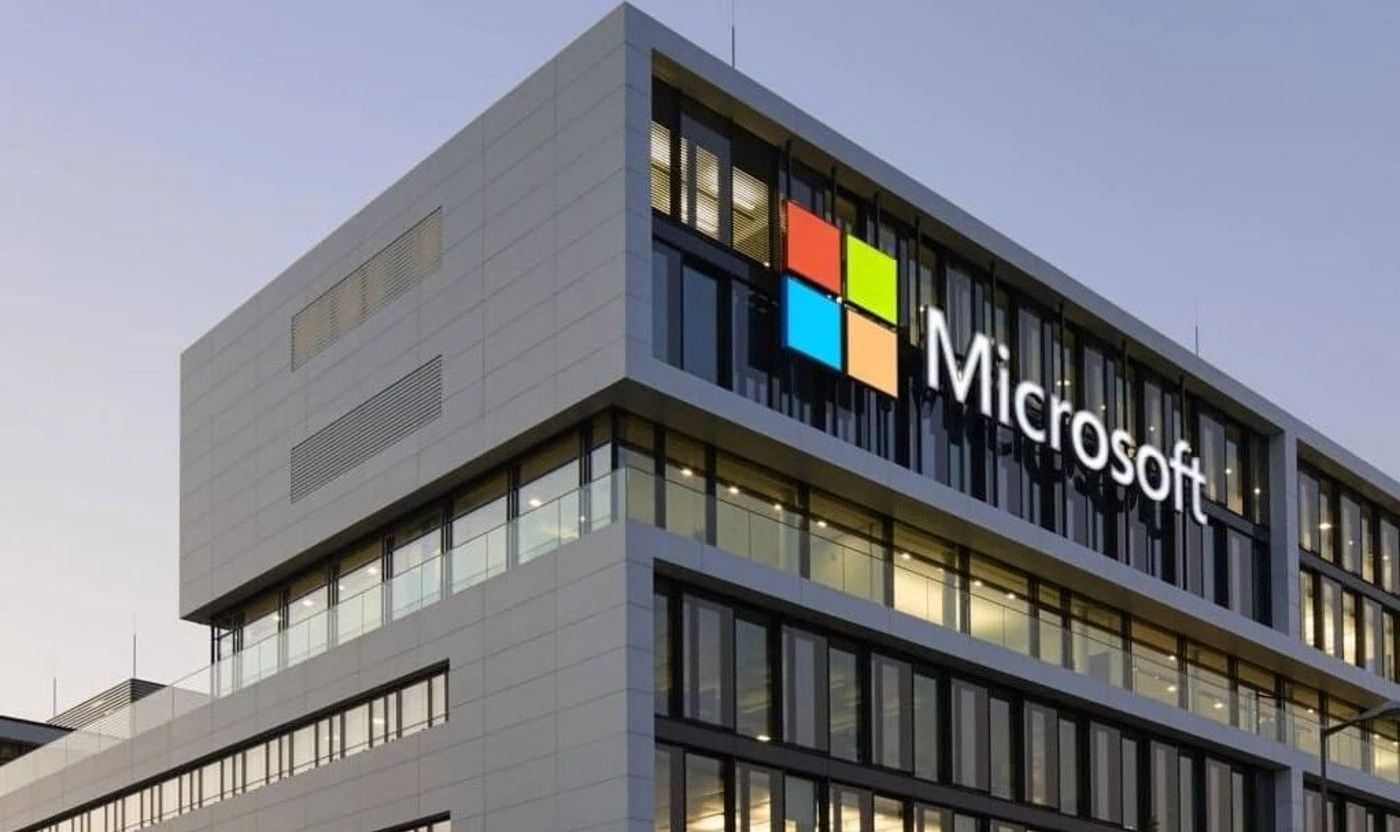Microsoft has previously tried to integrate Android applications into Windows 10 via a project called Astoria which never really came to fruition.
Project Latte aims to provide a similar product, and it is likely to be powered by the Windows Subsystem for Linux (WSL). Microsoft will need to provide its own Android subsystem for Android apps to actually run.
Microsoft says that WSL will soon have support for Linux GUI applications. It will also incorporate GPU acceleration which should improve the performance of applications running through WSL. Project Latte is unlikely to include support for game services.
Keep in mind that Google does not allow installation of Play services on anything other than native Android devices and Chrome OS. This means that apps that require the Play Services APIs will need to be updated to remove these dependencies before they can ship in Windows 10.
Today, users can run Android apps on their PC through app streaming. Thanks to the Your Phone app, although it’s limited to a handful of Samsung devices and doesn’t always perform well. Being able to install and run Android apps locally on your PC will provide a much better experience.
Project Latte will allow application developers to bring in applications that do not yet have a Windows version currently available. It will be interesting to see what kind of apps emerge if Project Latte ever goes into production. Many Android apps are designed primarily for phones, but they can work better on larger screens.
Microsoft has made it clear over the past two years that it no longer sees native Windows apps as essential. Microsoft now hosts many application platforms including PWA, UWP, Win32, Linux (via WSL) and soon Android apps.
Assuming Microsoft follows through with its plans with Project Latte, the introduction of Android apps to the platform will make Windows 10 a near-universal operating system. At least in terms of application support.



